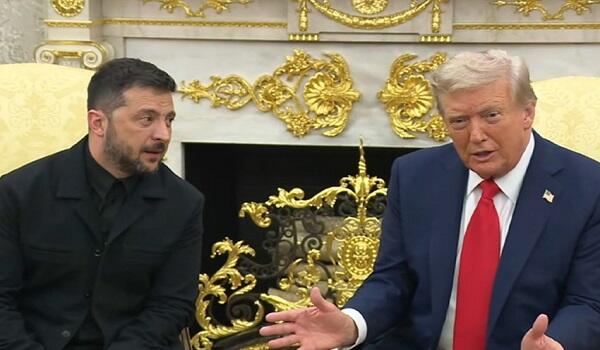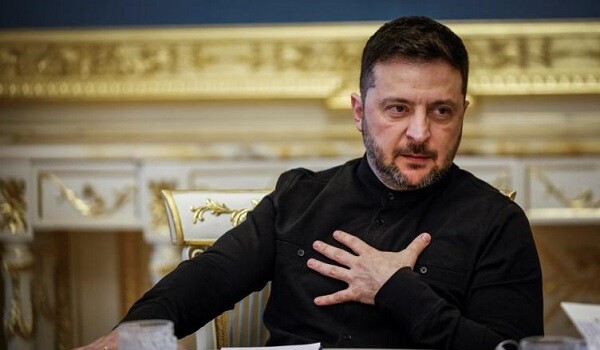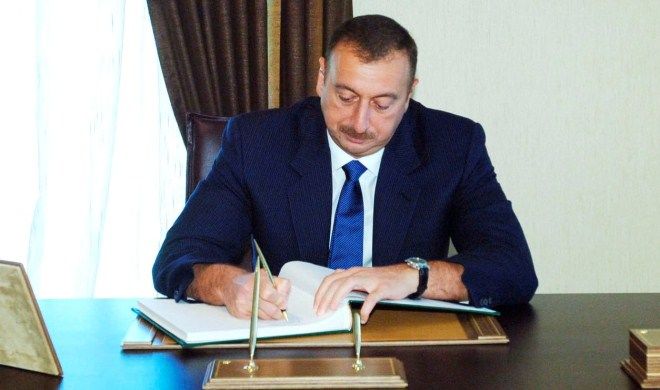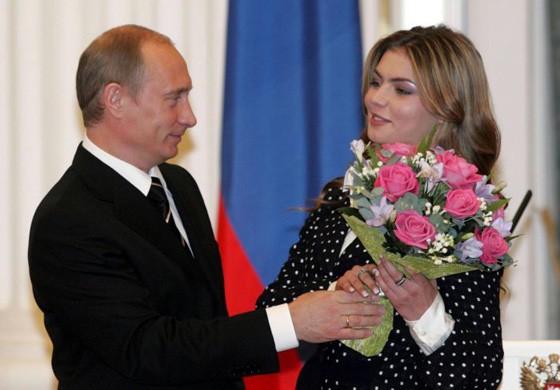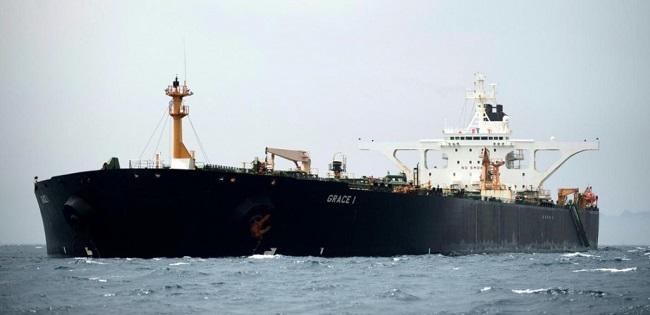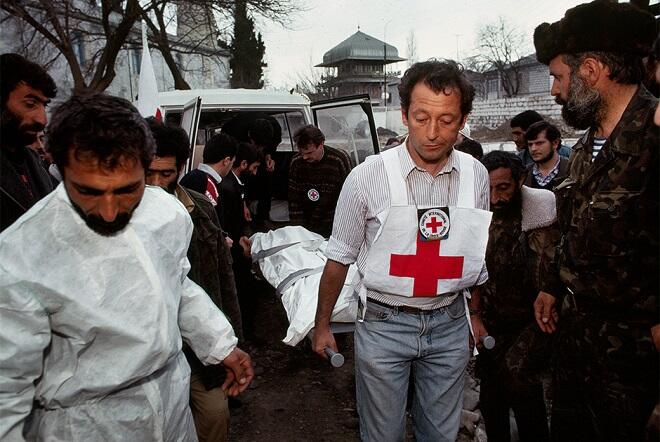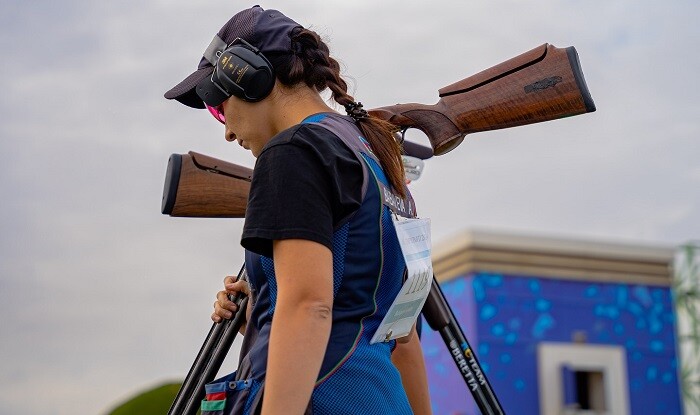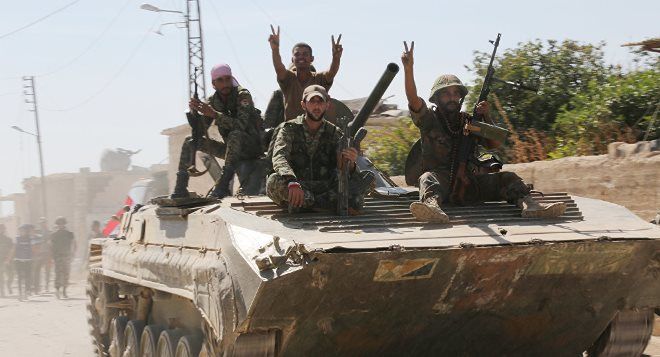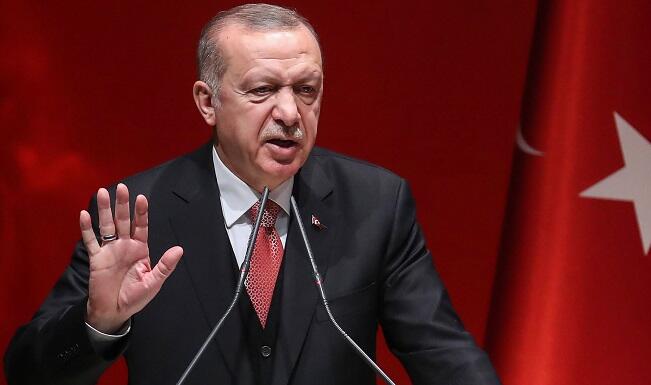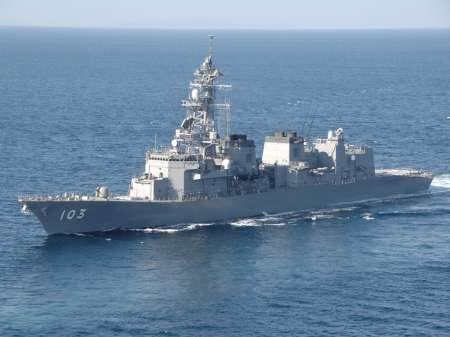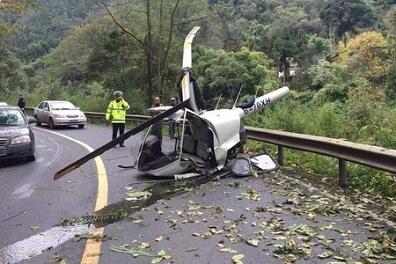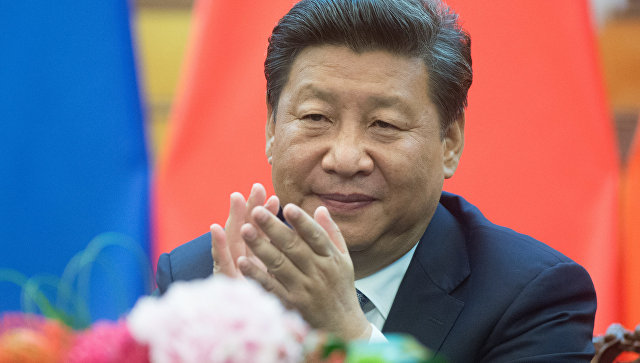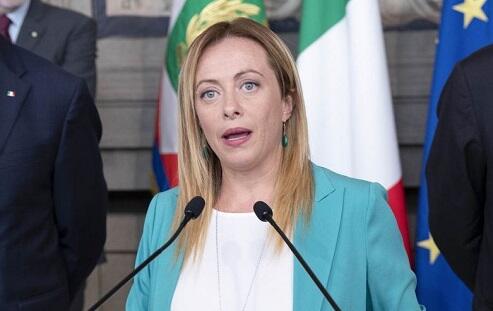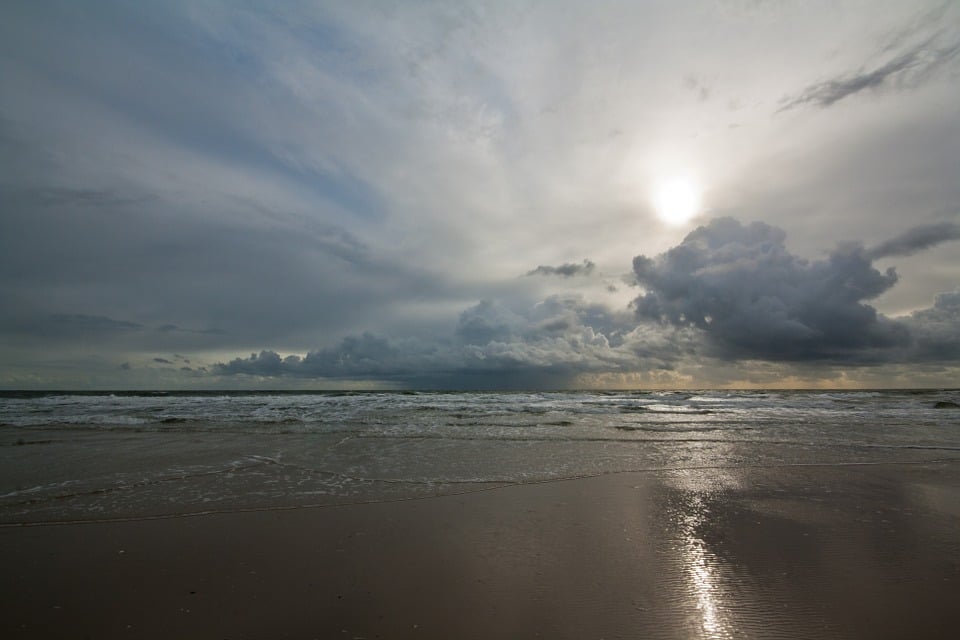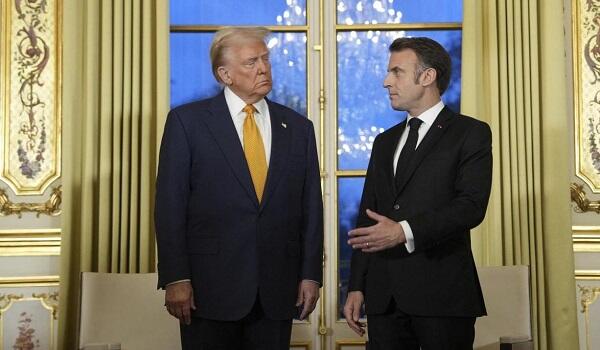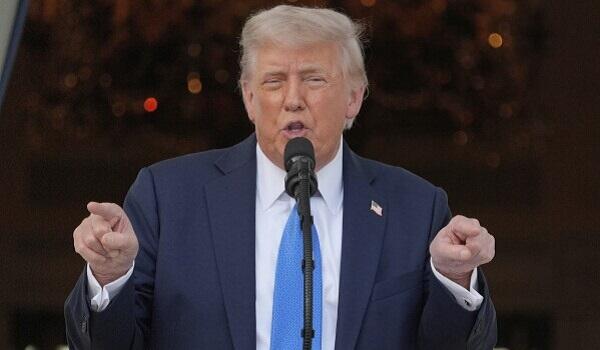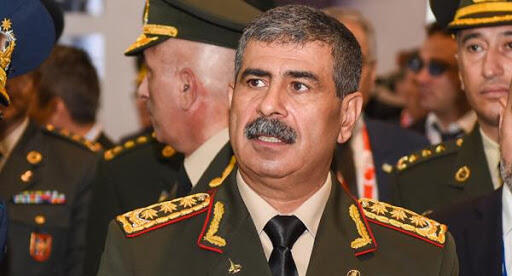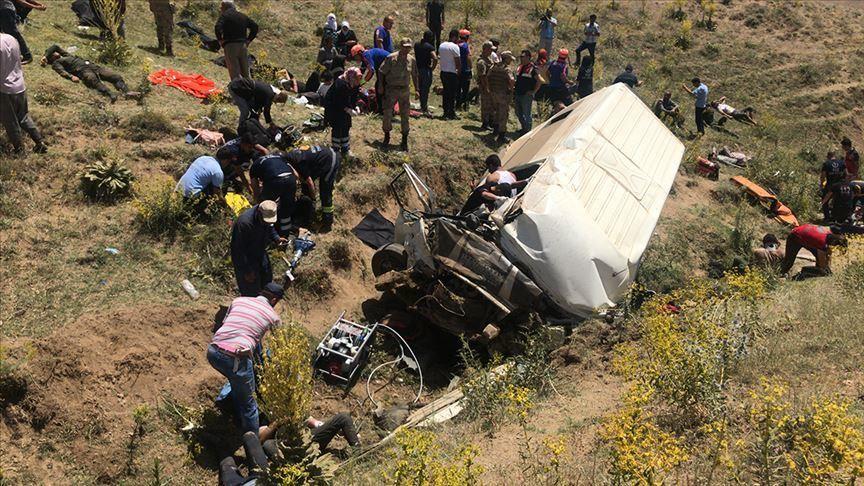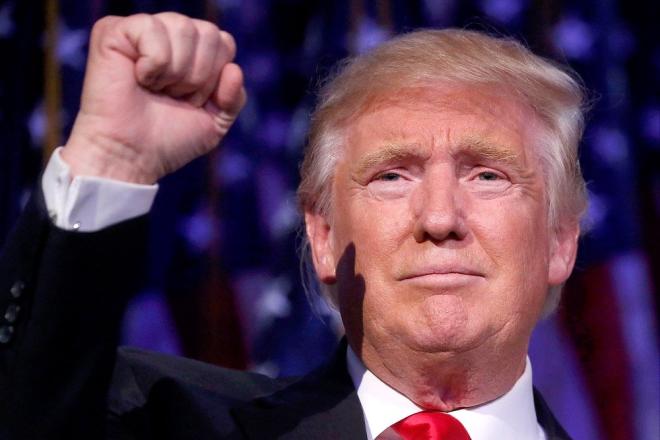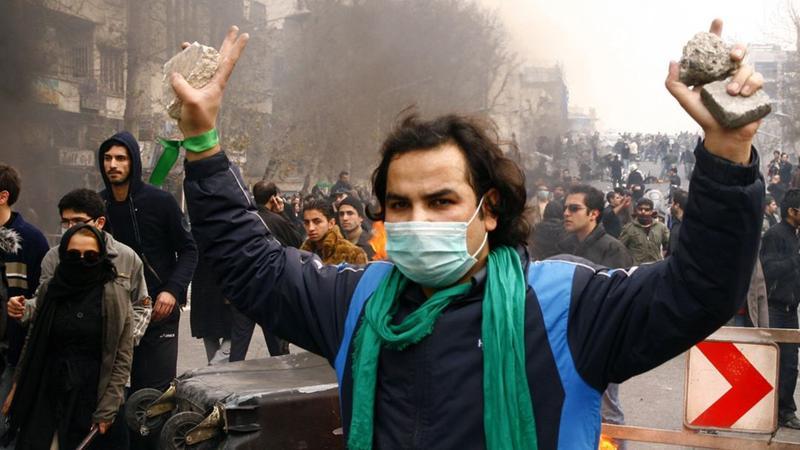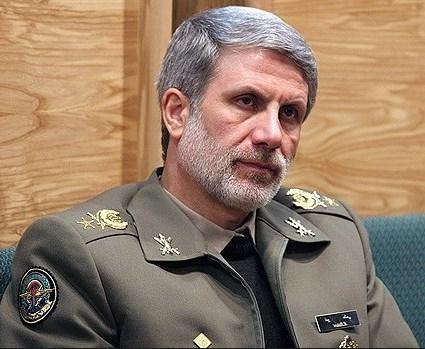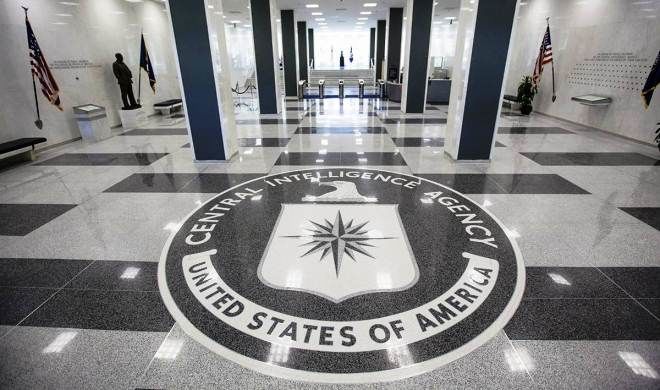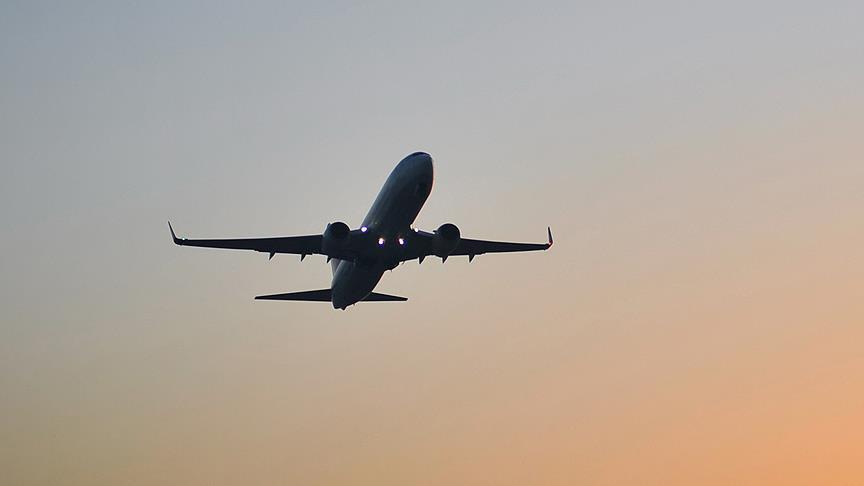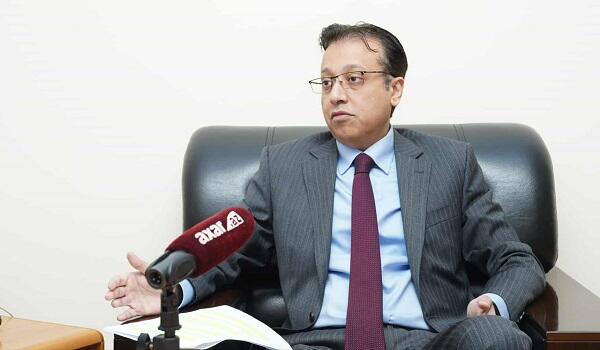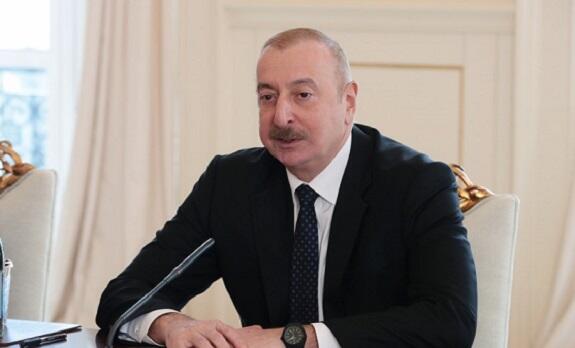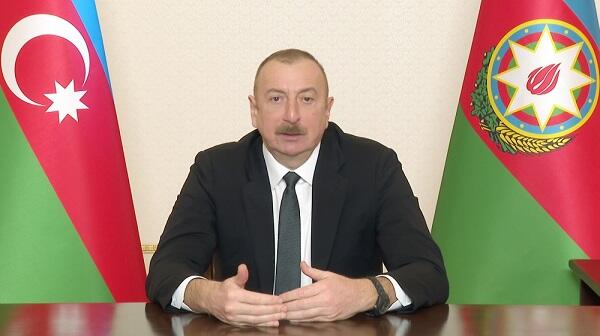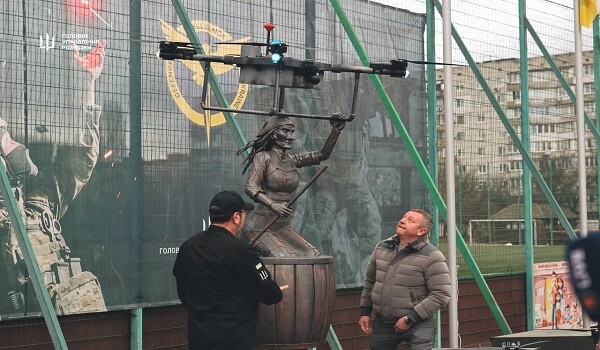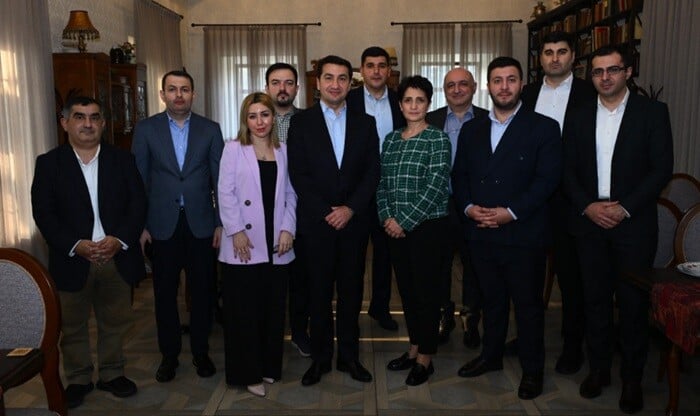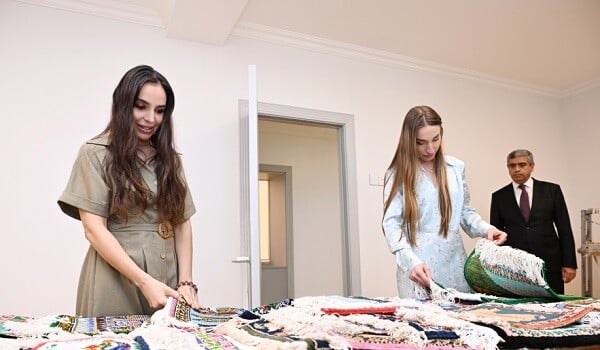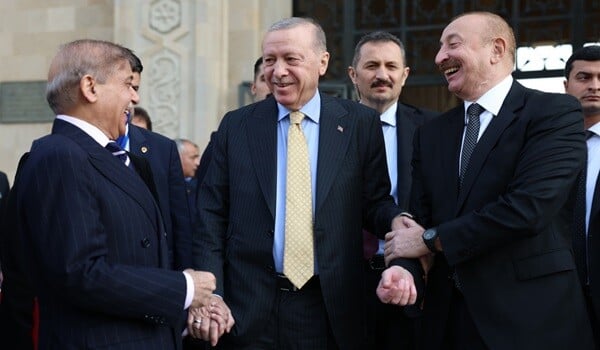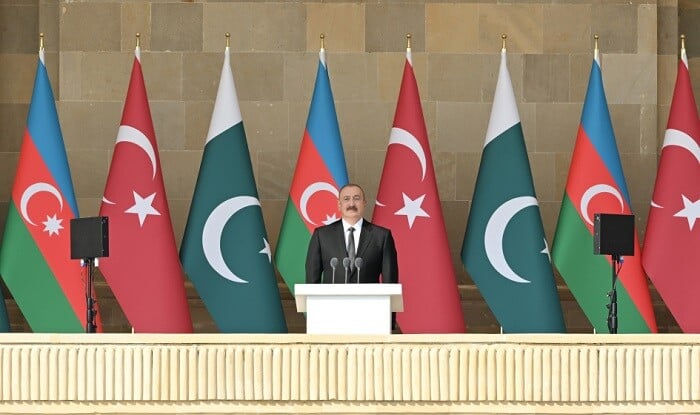Axar.az presents an interview with Pakistan's Ambassador to Azerbaijan, Qasim Mohiuddin:
– The recent terrorist attack in Pahalgam, which resulted in the tragic loss of 26 lives, has significantly strained relations between Pakistan and India. How does Pakistan view India's suspension of the Indus Waters Treaty and the expulsion of Pakistani diplomats following this tragic incident?
– First of all, our government has offered condolences to the victims' families. Pakistan condemns terrorism in all its forms and manifestations. Traditionally, India has exploited such situations for false flag operations. This is not the first time. Even though this was a very tragic incident, its purpose usually is to promote the narrow domestic political agenda of the Modi regime and to divert attention from the Indian government's oppressive policies in the occupied territory of Jammu and Kashmir.
Regarding the expulsion of diplomats, this is a very unfortunate and irrational move. In times of tension, there is all the more reason to engage in diplomacy and dialogue rather than closing all diplomatic channels. But this is India’s typical approach—it has done so in the past as well, so this is nothing new.
Now, about the Indus Waters Treaty: as you may know, the treaty was signed in the 1960s and the World Bank is a guarantor of the agreement. The treaty’s provisions do not allow any party to unilaterally suspend, cancel, or amend it. This is clearly stated in the treaty document, which is publicly available, even on the World Bank’s website.
Pakistan will approach to international agencies to ensure India is not allowed to do so. That said, the Indus water basin is Pakistan’s lifeline. Our agriculture and drinking water supplies depend on it. This will be considered an act of war. India knows that, and I hope better sense prevail in the Indian government. Such irrational rhetoric should remain limited to domestic politics. I sincerely hope, for the sake of the region—and even for India—that they do not take any reckless step to halt water flow into Pakistan.
– India has accused Pakistan of supporting cross-border terrorism linked to the militant group Lashkar-e-Taiba, which allegedly claimed responsibility for the Pahalgam attack. How does Pakistan officially respond to these allegations, and what steps is it taking to address concerns regarding cross-border militancy?
– Thank you for this question. First of all, I have not seen any credible report confirming that any organization has claimed responsibility. It’s been five or six days now, and India still hasn't identified who carried out the attack. This is all over the internet. I’m not saying anything new—you can look it up yourself.
There was even a couple shown as being killed in the attack who later appeared on Indian TV saying they were alive and questioned why their photograph was used. Again, this is all documented in the media. So we strongly reject any attempt to blame Pakistan for the failures of the Indian government.
Just yesterday, and the day before, our leadership—including the Prime Minister—categorically stated that we are open to any neutral, impartial, and independent inquiry. Pakistan would be willing to participate alongside India in an investigation to find out what actually happened.
Pakistan wants peace, and peace is our preference. But this should not be mistaken as weakness. In 2019, when the Modi government was under political pressure and losing elections in several states, it staged the Pulwama attack—another false flag operation. International media also raised questions about the credibility of that event. India even killed its own soldiers to stoke anti-Pakistan sentiment.
Unfortunately, anti-Pakistan rhetoric sells well in Indian domestic politics. As a result of Modi’s irresponsible actions, two Indian aircraft were shot down and one pilot was captured.
Now in 2025, consider the region where this recent attack took place. It's a vast and mountainous area with around 900,000 Indian troops deployed in occupied Jammu and Kashmir. It defies logic to suggest that militants could cross the Line of Control from Azad Jammu and Kashmir, walk 200 kilometers into Indian territory, carry out an attack, and then vanish.
It’s beyond belief—unless we assume they have magical powers. Even the Indian National Congress, the second-largest party, has questioned the official narrative. Mr. Tahseen even tweeted about it—I'll be happy to share the link.
Regarding terrorism, I must stress that Pakistan has been a victim of terrorism for decades. We possess irrefutable evidence that India has sponsored terrorism inside Pakistan using third-party entities. The case of Kulbhushan Jadhav, an active Indian serviceman caught in Pakistan, is one such example.
The problem with the Modi government’s ideology, since it came to power in the mid-2010s, is that it promotes anti-Muslim rhetoric, claiming that Hindus are becoming a minority. This dangerous mindset has only intensified over time.
Now, as an Azerbaijani, I ask you: why is India supplying arms to Armenia? This is an open secret. This is an open secret, and I would not go in details…; they are providing advanced weapon systems. This warmongering and interference in other nations' affairs for domestic gain must be addressed by the international community.
– With international actors such as Iran offering to mediate between India and Pakistan, how does Pakistan view third-party mediation efforts, and does it see a constructive role for international intervention in resolving the current crisis?
– We would welcome all our friends who can urge India to adopt rational, peaceful policies instead of warmongering.
Just two days ago, our Deputy Prime Minister and Foreign Minister had a very good conversation with your Foreign Minister, where we briefed our Azerbaijani brothers on the recent developments. We are grateful for Azerbaijan’s consistent support. Our nations have always stood by each other. The same goes for Iran—our neighbor. We would welcome Iran or any other country that can encourage India to take the path of sanity.
– The escalation of tensions has led to military skirmishes along the Line of Control and the suspension of key bilateral agreements. What diplomatic or strategic measures is Pakistan prioritizing to de-escalate the situation and prevent further deterioration of regional stability?
– Pakistan has not initiated any unilateral measure. It is India that is taking provocative actions, and we are merely responding. The silence of the international community—especially the West—on India’s anti-Muslim policies has emboldened such behavior.
Again, I would like to draw a parallel with the Azerbaijan-Armenia situation. Azerbaijan rightly emphasizes the need to create an inclusive environment that fosters durable peace. We appreciate Azerbaijan's leadership for its pragmatic approach. This is the same approach we urge the Indian leadership to adopt: create an inclusive environment that builds trust and leads to lasting peace.
– Considering that both countries are nuclear-armed, to what extent is there a risk that the current dispute could escalate into a nuclear confrontation?
– This is something that no sane person should even contemplate. Yet, India has made such irresponsible statements in the past. Suggesting nuclear attacks is not only reckless—it could be considered a war crime.
These are not conventional weapons. Any leader suggesting their use lacks the maturity and responsibility required to possess them. If such rhetoric continues, international powers must seriously question whether India is fit to possess nuclear weapons. It’s like handing a matchbox to a child—they might burn the house down.
India needs to grow up when it comes to handling such dangerous responsibilities.
– Given the historically close ties between Pakistan and Azerbaijan, how do you envision the future trajectory of our bilateral relations in the context of emerging regional and global challenges?
– Let me clarify—we don’t just have close ties; we have fraternal ties. We are more than friends. Since our independence, Pakistan has always stood by Azerbaijan.
Our bilateral relationship is rooted in mutual respect, trust, and love—not just between leaders, but among the general public. If you visit Pakistan and say you're from Azerbaijan, you'll receive VIP treatment. Pakistanis genuinely love and respect Azerbaijan, as well as Turkiye. Our three countries are historically linked.
In the regional context, we must continue to strengthen our bilateral ties. Since Prime Minister Shehbaz Sharif came to power, Azerbaijan has become one of our top foreign policy priorities. Last year, your President made a historic visit to Pakistan. Our Prime Minister attended a corporate summit in Azerbaijan. Despite propaganda attempting to undermine COP29, it was a great success.
In February, we conducted another high-level visit to Afghanistan. We are taking every possible step to diversify and deepen our ties—especially in the areas of economy and connectivity.
Just two weeks ago, PIA resumed direct flights from Lahore to Baku after a 2.5-year hiatus, based on direct instructions from our Prime Minister. This demonstrates our commitment to expanding ties with Azerbaijan. Azerbaijan’s geostrategic importance as a bridge between East and West is undeniable, and we value it highly.
Pakistan has signed a preferential trade agreement and a transit trade agreement with Azerbaijan. We hope to build on this to further enhance regional connectivity.
– Pakistan has consistently supported Azerbaijan’s sovereignty and territorial integrity. In light of recent developments, how can both countries further strengthen their strategic cooperation across political, economic, and defense sectors?
– At the government-to-government level, our relationship is progressing excellently, mashallah. We’re very satisfied with the pace.
Last year, more than 80,000 Pakistani tourists visited Azerbaijan. I would now like to focus on increasing people-to-people exchanges—encouraging more Azerbaijani tourists to visit Pakistan and expanding student exchange programs. These human connections will serve as the strongest bridge over the next 10, 20, or 30 years.
While G2G cooperation is excellent in trade, defense, investment, and connectivity, we need to further develop the soft side of diplomacy.
Pakistan, Azerbaijan, and Turkiye are all committed to trilateral cooperation. Last year, our leaders held their first trilateral summit on the sidelines of the SCO summit. We are now working on scheduling another summit to institutionalize this mechanism. If successful, it will be a valuable and positive addition to our overall relations.
